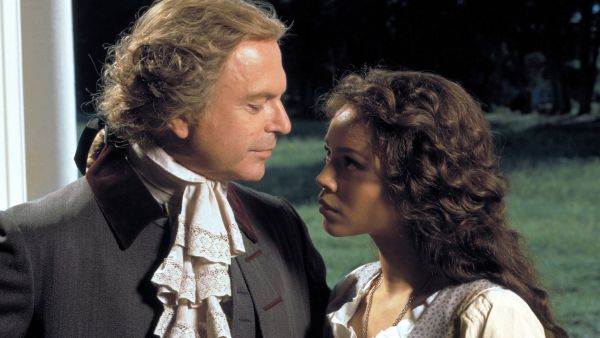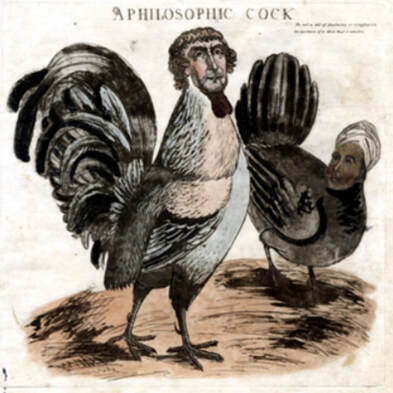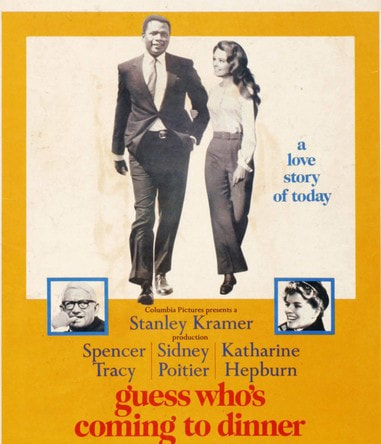Sally Hemings (1773-1835) is one of the most famous—and least known—African American women in U.S. history. For more than 200 years, her name has been linked to Thomas Jefferson as his “concubine,” obscuring the facts of her life and her identity. Tradition holds that she is the child of Martha Jefferson’s father, John Wayles, and Elizabeth Hemings, an enslaved woman, making Martha and her half-sisters. When Sally Hemings was 14, she was chosen by Jefferson’s sister-in-law to accompany his daughter Maria to Paris, France, as a domestic servant and maid in Jefferson’s household.
In Paris, Hemings was reunited with her older brother James, whom Jefferson had brought with him two years earlier to study French cooking. They lived at Jefferson's residence, the Hôtel de Langeac. Maria (Polly) and Martha (Patsy), Jefferson’s older daughter who was already in Paris, lived primarily at the Abbaye Royale de Panthemont, where they were boarding students. Shortly after her arrival, Jefferson’s records indicate that Hemings was inoculated against smallpox, a common and deadly disease during that time. She undoubtedly received training—especially in needlework and the care of clothing—to suit her for her position as lady's maid to Jefferson's daughters and was occasionally paid a monthly wage of twelve livres (the equivalent of two dollars). She learned French (historians do not know if she was literate in either language she spoke) and sometimes accompanied Jefferson’s daughters on social outings.
Madison Hemings recounted that his mother “became Mr. Jefferson’s concubine” in France. When Jefferson prepared to return to America, Hemings said his mother refused to come back, and only did so upon negotiating “extraordinary privileges” for herself and freedom for her future children. He also noted that she was pregnant when she arrived in Virginia, and that the child “lived but a short time.” No other record of that child has been found.
Sally Hemings had at least six children fathered by Thomas Jefferson. Four survived to adulthood. Decades after their negotiation, Jefferson freed all of Sally Hemings’s children – Beverly and Harriet left Monticello in the early 1820s; Madison and Eston were freed in his will and left Monticello in 1826. Jefferson did not grant freedom to any other enslaved family unit.
Beverly and Harriet Hemings were allowed to leave Monticello without being legally freed. Madison Hemings later reported that both passed into white society and that neither their connection to Monticello nor their “African blood” was ever discovered.
Sally Hemings’s descendants and historians have a range of opinions about the dynamic between Jefferson and Hemings, given the implications of ownership, age, consent, and dramatically unequal power between masters and enslaved women. Enslaved women had no legal right to consent. Their masters owned their labor, their bodies, and their children.
The nature of Sally Hemings’s sexual encounters with Thomas Jefferson will never be known.
The historical evidence points to the truth of Madison Hemings’s words about “my father, Thomas Jefferson.” Although the dominant narrative long denied his paternity, since 1802, oral histories, published recollections, statistical data, and documents have identified Thomas Jefferson as the father of Sally Hemings’s children. In 1998, a DNA study genetically linked one of Hemings’s male descendants with the male line of the Jefferson family, adding to the wealth of evidence.
Jefferson never responded to the accusation. His recognized family denied his paternity of Hemings’s children, while his unrecognized family considered their connection to Jefferson an important family truth.
Information in this post is taken from https://www.monticello.org/sallyhemings/
Follow the link for more details about the life of Sally Hemings.




 RSS Feed
RSS Feed